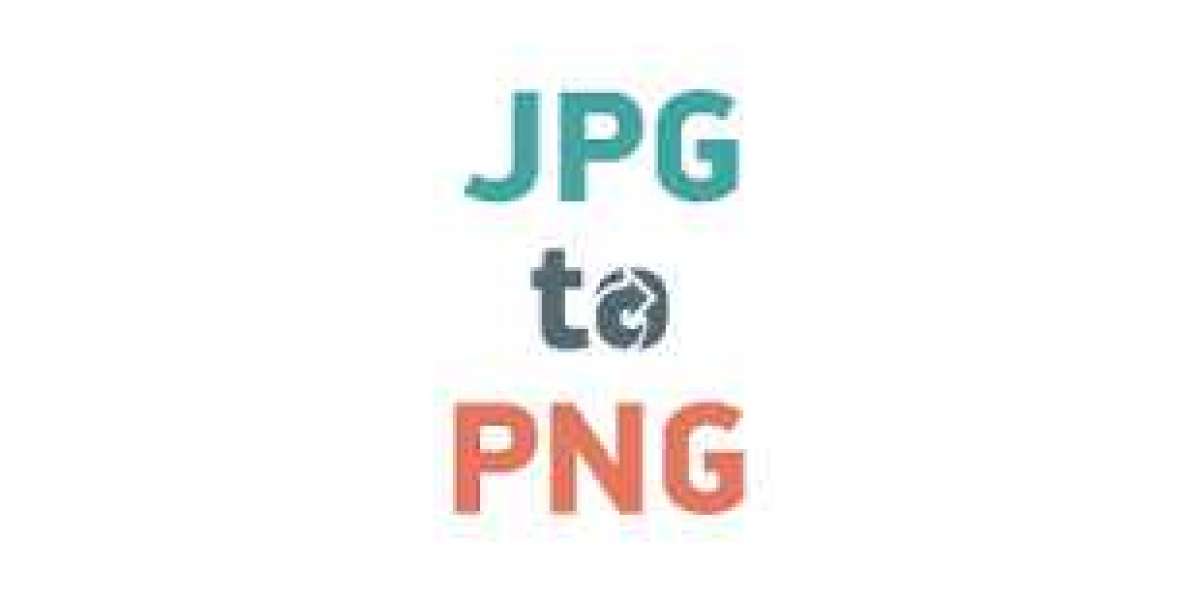Narcolepsy, a sleep disorder, is characterized by symptoms like excessive daytime sleepiness and hallucinations. Alternative therapies such as hypnotherapy, which are complementary to the traditional treatment of narcolepsy, have been explored. This article explores the benefits of hypnotherapy for narcolepsy.
Understanding Hypnotherapy
Hypnotherapy, a complementary and alternative medicine, uses a combination of guided relaxation, focused concentration, and increased suggestibility in order to achieve a deep state of relaxation and focus. In this relaxed state (also known as a "trance"), people can explore their feelings, thoughts, and memories and are more receptive to therapeutic suggestions. Hypnotherapy can be used to treat a variety of conditions such as anxiety disorders, phobias and chronic pain.
What are the benefits of hypnotherapy for narcolepsy management?
Stress Reduction Stress can worsen narcolepsy. Hypnotherapy helps individuals to learn how to relax and manage stress better. Reduced stress can reduce the triggers of sleep or cataplexy attacks.
Hypnotherapy can be used to improve sleep quality, such as nighttime awakenings and difficulties falling asleep. These techniques can improve sleep quality and promote relaxation, which could lead to fewer disruptions at night.
Hypnotherapy to Enhance Medication Effectiveness: Although medication is the primary form of treatment for narcolepsy hypnotherapy may be used in order to increase its effectiveness. By cultivating a positive attitude and increasing the belief in treatment efficacy, people may see better results with their prescribed medication.
Behavioral Modification : Hypnotherapy helps individuals identify and modify behaviors that are contributing to the symptoms of narcolepsy. Individuals can, for example, learn to identify potential triggers of cataplexy. They can then develop strategies to minimize their impact.
Hypnotherapy is a great way to address psychological factors. Narcolepsy can be a very emotional condition. It provides a safe environment to explore feelings about the condition, to manage emotional distress and to develop strategies for coping with narcolepsy.
The Hypnotherapy Process to Manage Narcolepsy:
The following steps are usually involved in hypnotherapy to treat narcolepsy:
Assessment: A trained, experienced hypnotherapist will conduct an initial assessment in order to determine the individual's sleep patterns, emotional health, and areas of concern. This assessment is used to develop a hypnotherapy program that's tailored for you.
Goal setting: Based on the assessment, clear and achievable goals will be set. These goals can be related to stress reduction or improving sleep quality. They may also relate to enhancing medication effectiveness, or addressing any emotional issues.
Trance Induction - The hypnotherapist leads the person into a relaxed, trance-like state. In this state, the individual is more receptive to therapeutic suggestions, and they can explore their feelings, thoughts, and memories.
Suggestions and Visualizations: In the trance-like state, people receive therapeutic suggestions while engaging in guided visualizations that are tailored to their goals. They may include relaxation exercises, stress reduction and improved sleep quality.
Encouragement to Practice Self-Hypnosis Techniques Between Sessions: Individuals can be encouraged to practice the therapeutic suggestions between sessions. The progress is tracked and the sessions adjusted as necessary to meet goals.
Considerations and limitations:
Note that hypnotherapy should only be used as a complementary treatment and not to replace the standard medical treatment of narcolepsy. Hypnotherapy's effectiveness can vary from person to person, and may not be effective for everyone. Hypnotherapy must also be performed by a licensed and trained hypnotherapist who has experience treating sleep disorders.
Understanding Hypnotherapy
Hypnotherapy, a complementary and alternative medicine, uses a combination of guided relaxation, focused concentration, and increased suggestibility in order to achieve a deep state of relaxation and focus. In this relaxed state (also known as a "trance"), people can explore their feelings, thoughts and memories, and are more receptive to therapeutic suggestions. Hypnotherapy can be used to treat a variety of conditions such as anxiety disorders, phobias and chronic pain.
What are the benefits of hypnotherapy for narcolepsy management?
Stress Reduction Stress can worsen narcolepsy. Hypnotherapy helps individuals to learn how to relax and manage stress better. Reduced stress can reduce the triggers of sleep or cataplexy attacks.
Hypnotherapy can be used to improve sleep quality, such as nighttime awakenings and difficulties falling asleep. These techniques can improve sleep quality and promote relaxation, which could lead to fewer disruptions at night.
Hypnotherapy to Enhance Medication Effectiveness: Although medication is the primary form of treatment for narcolepsy hypnotherapy may be used in order to increase its effectiveness. By cultivating a positive attitude and increasing the belief in treatment efficacy, people may see better results with their prescribed medication.
Hypnotherapy is a powerful tool for identifying and changing behaviors that are contributing to the symptoms of narcolepsy. Individuals can, for example, learn to identify potential triggers of cataplexy. They can then develop strategies to minimize their impact.
Hypnotherapy is a great way to address psychological factors. Narcolepsy can be a very emotional condition. It provides a safe environment to explore feelings about the condition, to manage emotional distress and to develop strategies for coping with narcolepsy.
The Hypnotherapy Process to Manage Narcolepsy:
The following steps are usually involved in hypnotherapy to treat narcolepsy:
Assessment: A trained, experienced hypnotherapist will conduct an initial assessment in order to determine the individual's sleep patterns, emotional health, and areas of concern. This assessment is used to develop a hypnotherapy program that's tailored for you.
Goal setting: Based on the assessment, clear and achievable goals will be set. These goals can be related to stress reduction or improving sleep quality. They may also relate to enhancing medication effectiveness, or addressing any emotional issues.
Trance Induction - The hypnotherapist leads the person into a relaxed, trance-like state. In this state, the individual is more open to therapeutic ideas and can explore his or her thoughts, feelings and memories.
While in a trance, the individual receives therapeutic suggestions and participates in guided visualization exercises that are tailored to their goals. They may include relaxation exercises, stress reduction and improved sleep quality.
Encouragement to Practice Self-Hypnosis Techniques Between Sessions: Individuals can be encouraged to practice self hypnosis techniques to reinforce therapeutic suggestions. The progress is tracked and the sessions adjusted if necessary to meet goals.
Considerations and limitations:
Note that hypnotherapy should only be used as a complementary treatment and not to replace the standard medical treatment of narcolepsy. Hypnotherapy's effectiveness can vary from person to person, and may not be effective for everyone. Hypnotherapy must also be performed by a licensed and trained hypnotherapist who has experience treating sleep disorders.
In conclusion:
The potential benefits of hypnotherapy in the management of narcolepsy are being studied. It should not be used to replace medication but can act as a complementary treatment for managing emotional symptoms of narcolepsy, addressing stress, improving sleep quality and enhancing medication effectiveness. Combining traditional medical treatment with hypnotherapy can provide a holistic approach for narcolepsy, giving individuals additional tools to improve the quality of their life. It's important to consult a healthcare professional prior to incorporating hypnotherapy in a narcolepsy treatment plan. This will ensure that it is safe and suitable for the individual.








